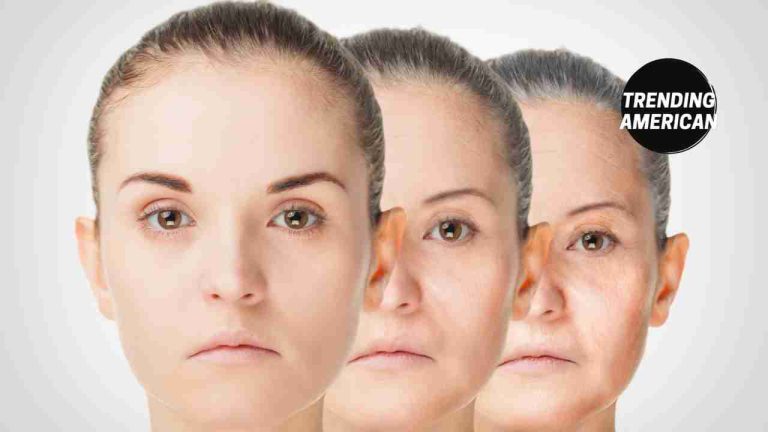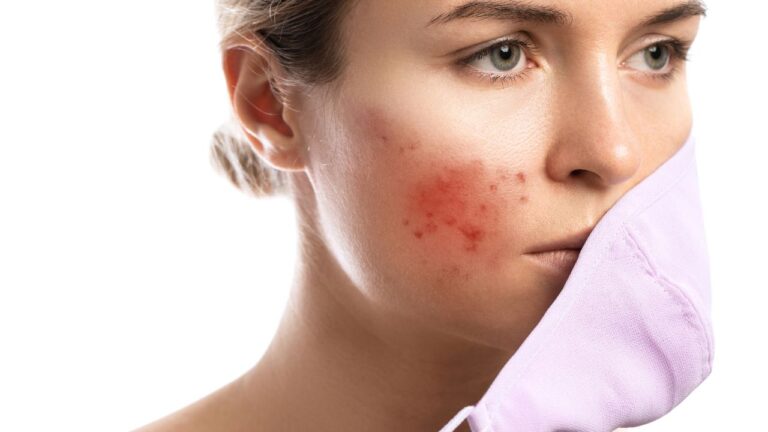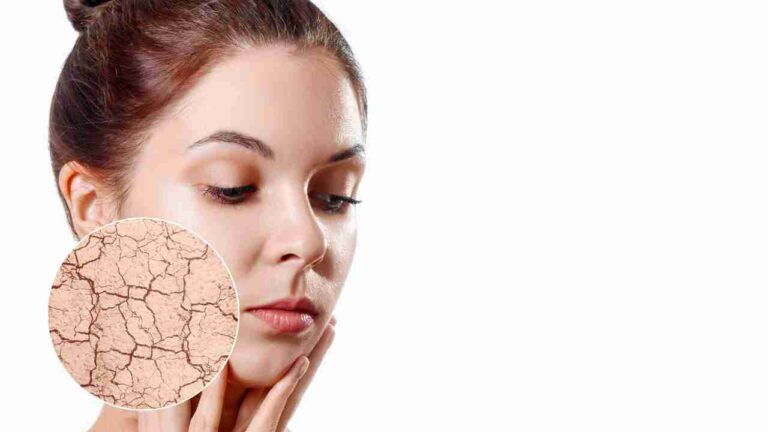Allergy Test Singapore: How do I Know if I Should get Tested?
Are you experiencing unexplained sneezing, itching, or other bothersome symptoms? You could be experiencing allergies.
Allergies occur when the immune system overreacts to harmless substances. This triggers a range of uncomfortable symptoms which may include;
- Being sick or just feeling sickly
- Diarrhoea
- Having a raised rash (hives) or your skin just feeling itchy
- Sneezing or runny nose
- Swelling on the lips, eyes, mouth or even the throat
- Coughing, breathlessness or wheezing
- Experiencing tenderness is pain around the cheeks, forehead or the eyes.
If you suspect you have allergies, please consider creating time in your schedule to get allergy test. This will help you find out what you’re allergic to.
Effective management of your symptoms will be much easier if you know for sure, what’s triggering your allergy symptoms. In today’s piece, we explain the process of allergy test in Singapore.
We will also touch on why seeking medical advice is crucial for accurate diagnosis and personalized treatment plans for allergies. Read on!
What is the Definition of Allergies?
An allergy can simply be defined as your body’s immune system overreacting to substances it considers harmful. This overreaction may occur even if the substances in question are typically harmless.
These substances are identified as allergens. They can be found in several sources including;
- Pollen
- Dust mites
- Pet dander
- Certain foods, and even
- Medications
When exposed to these allergens, individuals may experience a wide range of symptoms. Typical symptoms of an allergic reaction include;
- Sneezing
- Itching
- Nasal congestion
- Skin rashes, and
- Digestive issues
How can I tell if I am having Allergy Symptoms?
Many people tend to not be aware of allergies. Interestingly, positively identifying allergy symptoms can be the best first step in helping you determine if you need an allergy test in Singapore.
It is also worth mentioning that allergy symptoms aren’t always the same. They can vary significantly depending on your individual allergy. Here’s a summary of how to identify different allergies with their symptoms;
- Seasonal Allergies: Seasonal allergies are also known as hay fever or allergic rhinitis. They occur due to exposure to certain airborne substances like pollen, mold spores, or dust mites. Symptoms typically occur during specific times of the year when these allergens are prevalent. Common signs and symptoms of seasonal allergies include:
- Sneezing
- Runny or stuffy nose
- Itchy or watery eyes
- Itchy throat or ears
- Coughing
- Fatigue
- Food Allergies: Food allergies are triggered by consuming specific foods that your immune system perceives as harmful. Common food allergens include peanuts, tree nuts, eggs, milk, soy, wheat, fish, and shellfish. Symptoms of a food allergy can range from mild to severe and may include:
- Hives, itching, or skin rash
- Swelling of the lips, face, tongue, or throat
- Tingling sensation in the mouth
- Nausea, vomiting, or diarrhea
- Abdominal pain or cramping
- Difficulty breathing or wheezing
- Dizziness or lightheadedness
- Drug Allergies: These allergies occur when the immune system overreacts to certain medications. Any medication can potentially trigger an allergic reaction. These include the over-the-counter drugs, prescription medications, and herbal supplements. Symptoms of a drug allergy can vary, but common signs include:
- Skin rash or hives
- Itching
- Swelling, especially of the face, lips, or tongue
- Wheezing or difficulty breathing
- Runny nose
- Nausea or vomiting
- Anaphylaxis (a severe, life-threatening allergic reaction)
- Insect Stings: Allergic reactions to insect stings, such as from bees, wasps, or fire ants, can range from mild to severe. Most people experience only localized reactions. However, some may develop a systemic allergic response. Symptoms of an insect sting allergy may include:
- Localized pain, redness, or swelling at the sting site
- Itching or hives at the sting site or elsewhere on the body
- Difficulty breathing or wheezing
- Swelling of the lips, throat, or face
- Dizziness or lightheadedness
- Nausea or vomiting
- Anaphylaxis (a severe, life-threatening allergic reaction)
Please, note that these are general descriptions. So, individual experiences can vary. You may want to consult with an ENT specialist or an allergist for an allergy test in Singapore to accurately diagnose your symptoms.
What are the Different Types of Allergy Tests?
A properly conducted allergy test in Singapore can help you identify specific allergens that trigger your symptoms. There are four common types of allergy tests:
- Skin Prick Test: During a skin prick test, small amounts of suspected allergens are applied to your skin. These allergens are typically placed on the forearm or back. The healthcare professional will then observe your skin for any reactions. They will particularly keep an eye on redness or swelling, which indicate an allergic response. Skin prick tests are quick, and minimally invasive. They also provide immediate results.
- Blood Test (Specific IgE Test): Also known as a specific IgE test, a blood measures the levels of specific antibodies (immunoglobulin E) in your blood that are associated with allergies. For this test, a blood sample will be taken and sent to a laboratory for analysis. This test is helpful when a skin prick test may not be feasible. It may also be recommended if you are taking medications that interfere with skin test results.
- Patch Test: A patch test is primarily used in the diagnosis of contact dermatitis. This is a type of allergic reaction that occurs when the skin comes into contact with certain substances. During the patch test, small amounts of suspected allergens will be applied to patches. These patches will then be placed on your skin for a specific period. Your skin would then be assessed for any signs of irritation or allergic reactions.
- Oral Food Challenge: An oral food challenge is conducted for suspected food allergies. Under the supervision of a healthcare professional, you’ll consume small amounts of the suspected allergenic food. All this time, you will be closely monitored for any adverse reactions. This test helps determine whether you have a true food allergy. It may also help determine if your symptoms are due to other factors.
In Closing
Please, seek medical advice or consider an allergy test in Singapore if you suspect that you have any allergies. Through allergy testing, you can know for sure the specific allergens triggering your symptoms.
If you’re in Singapore, schedule a consultation with our experienced allergists and take control of your allergies for a healthier, more comfortable life. Call now or visit us now at:
Dr Soma – Allergy & Sinus ENT Specialist @ Parkway East | Earwax Removal | Sinus Surgery Singapore
321 Joo Chiat Pl,
#05-01 Parkway East Specialist Hospital,
Singapore 427990
+65 6517 9760




